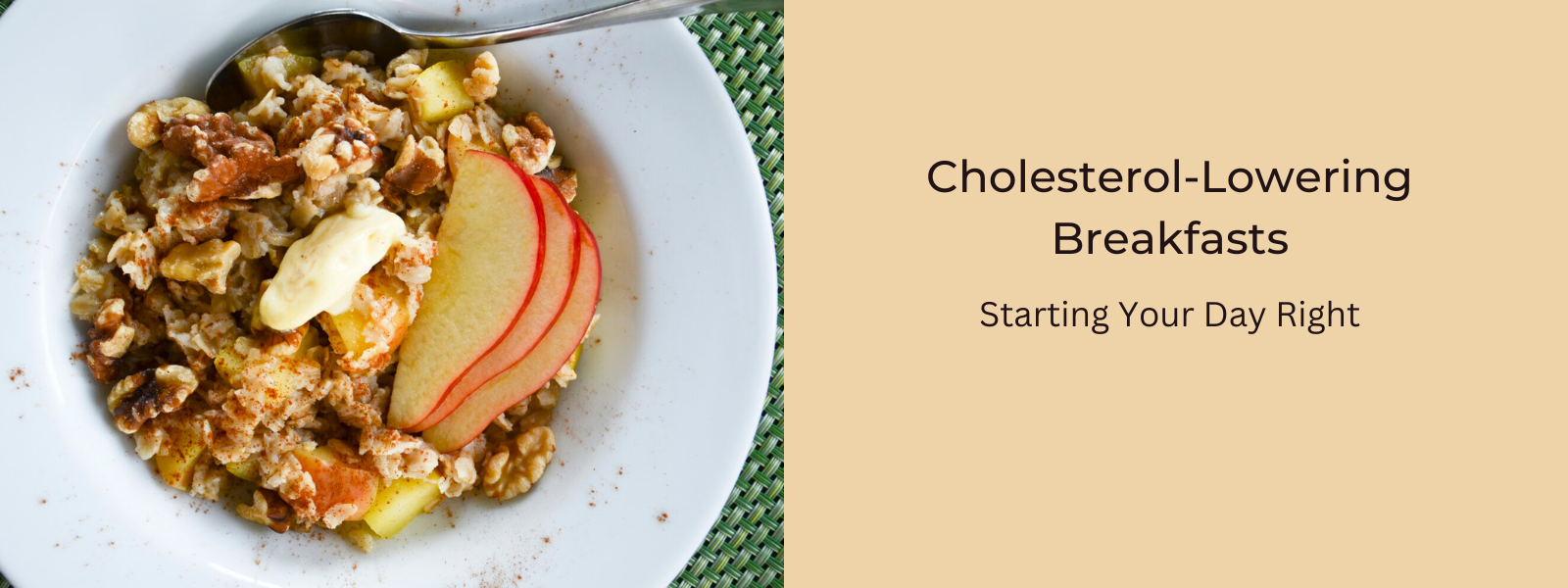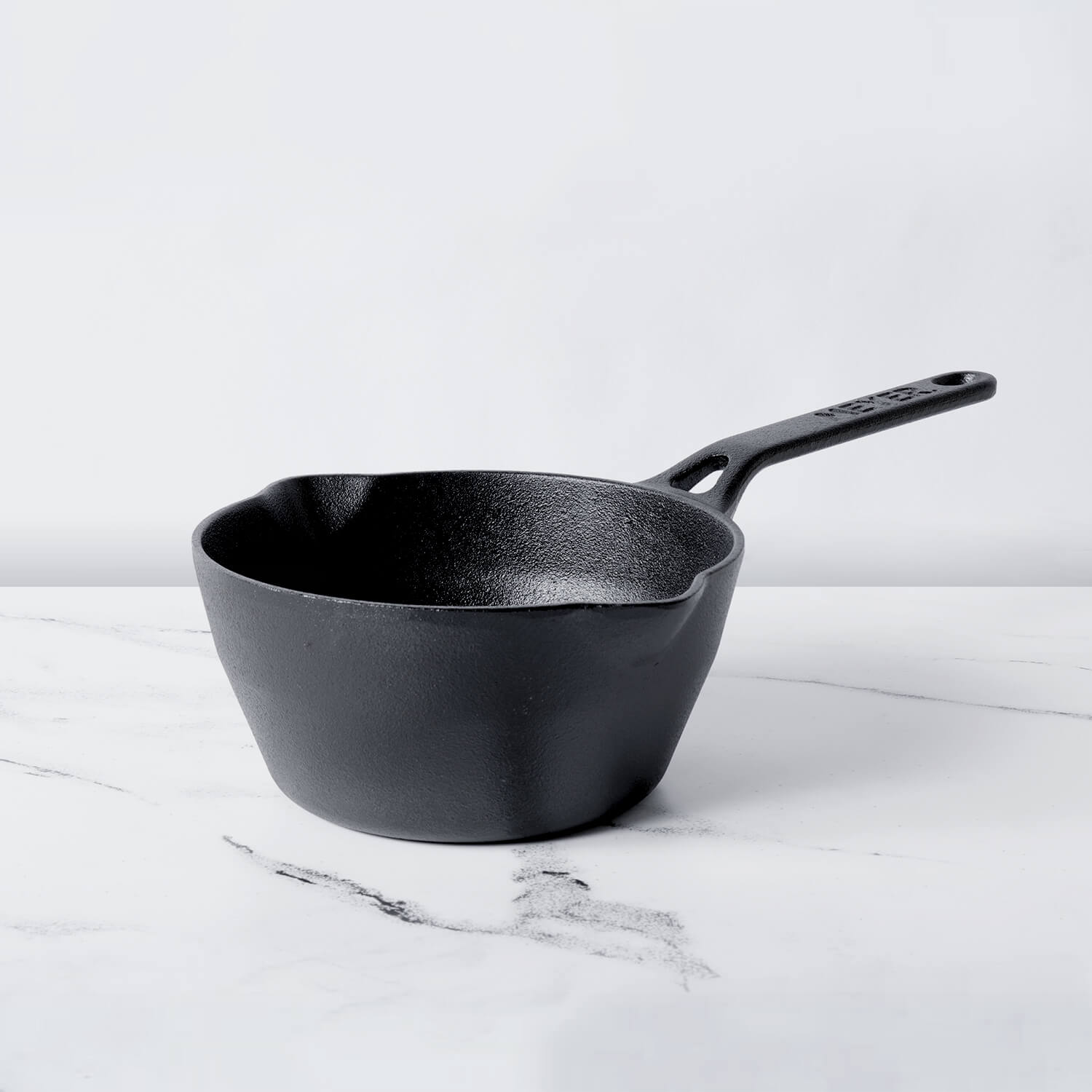Plant-based cholesterol-fighting recipes are essential for promoting heart health and managing cholesterol levels. By emphasizing whole, plant-based ingredients rich in soluble fiber, healthy fats, and plant-based proteins, these recipes offer a delicious and nutritious way to support cardiovascular wellness. Soluble fiber helps lower LDL cholesterol levels by binding to cholesterol in the digestive tract, while healthy fats found in sources like nuts, seeds, and avocado can raise HDL cholesterol levels, contributing to improved heart health. Plant-based proteins, such as legumes, tofu, and tempeh, provide essential amino acids without the saturated fat found in animal products. Whole grains further enhance these recipes with additional fiber and nutrients. Incorporating plant-based cholesterol-fighting recipes into the diet not only promotes heart health but also supports overall well-being. With a variety of flavorful and satisfying options available, individuals can enjoy delicious meals while taking proactive steps toward managing cholesterol levels and reducing the risk of heart disease.
Table of Contents
Understanding Cholesterol and Plant-Based Diets:
Cholesterol is a fatty substance found in the blood, and high levels of LDL (low-density lipoprotein) cholesterol can increase the risk of heart disease. Plant-based diets, which emphasize fruits, vegetables, whole grains, legumes, nuts, and seeds while minimizing or excluding animal products, are associated with lower LDL cholesterol levels and reduced risk of cardiovascular disease.
Key Components of Plant-Based Cholesterol Fighters:
- Soluble Fiber: Foods rich in soluble fiber help lower LDL cholesterol levels by binding to cholesterol in the digestive tract and promoting its excretion. Excellent sources of soluble fiber in a plant-based diet include oats, barley, legumes (such as beans and lentils), fruits (such as apples, oranges, and berries), and vegetables (such as Brussels sprouts and carrots).
- Healthy Fats: Incorporating sources of healthy fats into vegan recipes can help raise HDL (high-density lipoprotein) cholesterol levels and improve heart health. Opt for unsaturated fats found in avocados, nuts (such as almonds, walnuts, and pistachios), seeds (such as chia seeds and flaxseeds), and olive oil.
- Plant-Based Proteins: Choosing plant-based protein sources is essential for maintaining muscle mass and supporting overall health. Include legumes (such as beans, lentils, and chickpeas), tofu, tempeh, edamame, seitan, and plant-based protein powders in vegan recipes to meet protein needs while minimizing saturated fat intake.
- Whole Grains: Whole grains are rich in fiber and nutrients, making them a staple in plant-based cholesterol-fighting recipes. Choose whole grains such as quinoa, brown rice, barley, farro, bulgur, and whole-grain pasta to boost fiber intake and promote heart health.
Sample Plant-Based Cholesterol-Fighting Options:
- Oatmeal with Mixed Berries and Almonds: Cook oats in almond milk and top with a variety of mixed berries (such as strawberries, blueberries, and raspberries) and a sprinkle of almonds for added crunch and healthy fats.
- Chickpea and Vegetable Stir-Fry: Sauté chickpeas with a colorful array of vegetables (such as bell peppers, broccoli, carrots, and snow peas) in a light stir-fry sauce made with low-sodium soy sauce, garlic, and ginger. Serve over brown rice or quinoa for a satisfying and cholesterol-lowering meal.
- Black Bean and Avocado Wrap: Fill a whole-grain tortilla with mashed black beans, sliced avocado, diced tomatoes, shredded lettuce, and a drizzle of lime juice for a delicious and nutritious plant-based wrap that's packed with fiber and healthy fats.
- Lentil and Vegetable Soup: Simmer lentils with a variety of chopped vegetables (such as onions, celery, carrots, and spinach) in vegetable broth seasoned with herbs and spices. Enjoy this hearty and cholesterol-lowering soup as a comforting meal on chilly days.
Plant-Based Cholesterol Fighting Recipes:
Here are a few delicious and nutritious plant-based recipes that can help fight cholesterol:
Oatmeal with Mixed Berries and Almonds:
- Ingredients:
- 1/2 cup rolled oats
- 1 cup almond milk (or any plant-based milk of choice)
- Mixed berries (such as strawberries, blueberries, raspberries)
- Sliced almonds
Instructions:
- In a saucepan, bring almond milk to a gentle boil.
- Stir in rolled oats and reduce heat to simmer. Cook for about 5-7 minutes, stirring occasionally, until the oats are creamy and tender.
- Pour the cooked oatmeal into a bowl and top with mixed berries and sliced almonds.
- Serve warm and enjoy this heart-healthy breakfast!
Chickpea and Vegetable Stir-Fry:
- Ingredients:
- 1 can chickpeas, drained and rinsed
- Assorted vegetables (such as bell peppers, broccoli, carrots, snow peas)
- 2 cloves garlic, minced
- 1 tablespoon low-sodium soy sauce
- 1 teaspoon grated ginger
- 1 tablespoon sesame oil
- Cooked brown rice or quinoa, for serving
Instructions:
- Heat sesame oil in a large skillet or wok over medium-high heat.
- Add minced garlic and grated ginger, and sauté for 1-2 minutes until fragrant.
- Add chickpeas and assorted vegetables to the skillet, and stir-fry for 5-7 minutes until the vegetables are tender-crisp.
- Stir in low-sodium soy sauce and cook for an additional 1-2 minutes.
- Serve the stir-fry over cooked brown rice or quinoa for a nutritious and cholesterol-fighting meal.
Black Bean and Avocado Wrap:
Ingredients:
- Whole-grain tortillas
- Canned black beans, drained and rinsed
- Ripe avocados, sliced
- Diced tomatoes
- Shredded lettuce
- Lime juice
Instructions:
- Warm the whole-grain tortillas in a skillet or microwave.
- Spread mashed black beans onto each tortilla.
- Top with sliced avocado, diced tomatoes, shredded lettuce, and a squeeze of lime juice.
- Roll up the tortillas into wraps and serve immediately. Enjoy these flavorful and cholesterol-fighting wraps!
Lentil and Vegetable Soup:
Ingredients:
- 1 cup dried green lentils, rinsed
- Assorted vegetables (such as onions, celery, carrots, spinach)
- Vegetable broth
- Garlic powder, onion powder, dried herbs (such as thyme or oregano)
- Salt and pepper to taste
Instructions:
- In a large pot, sauté onions, celery, and carrots until softened.
- Add dried green lentils and vegetable broth to the pot, along with garlic powder, onion powder, and dried herbs.
- Bring the soup to a boil, then reduce heat and simmer for about 20-25 minutes until the lentils are tender.
- Stir in chopped spinach and cook for an additional 5 minutes until wilted.
- Season the soup with salt and pepper to taste before serving. Enjoy this comforting and cholesterol-lowering soup!
Importance Of Plant-Based Cholesterol Fighting Recipes:
Plant-based cholesterol-fighting recipes hold significant importance in promoting heart health and managing cholesterol levels for several reasons:
- Reduced Intake of Saturated Fats: Plant-based recipes typically exclude or minimize animal products, which are major sources of saturated fats. By focusing on plant-based ingredients like fruits, vegetables, whole grains, legumes, nuts, and seeds, these recipes naturally lower the intake of saturated fats, which can help reduce LDL (bad) cholesterol levels and decrease the risk of heart disease.
- Rich in Soluble Fiber: Many plant-based foods, such as oats, legumes, fruits, and vegetables, are rich in soluble fiber. Soluble fiber helps lower LDL cholesterol levels by binding to cholesterol in the digestive tract and promoting its excretion from the body. By incorporating soluble fiber-rich ingredients into recipes, plant-based cholesterol-fighting meals actively contribute to better heart health.
- Healthy Fats: Plant-based recipes often feature sources of healthy fats, such as avocados, nuts, seeds, and olive oil. These unsaturated fats can help raise HDL (good) cholesterol levels while lowering LDL cholesterol levels, promoting a favorable lipid profile and reducing the risk of cardiovascular disease.
- Nutrient Density: Plant-based foods are generally rich in essential nutrients, including vitamins, minerals, antioxidants, and phytonutrients. By incorporating a variety of colorful fruits, vegetables, whole grains, and legumes into recipes, plant-based cholesterol-fighting meals provide a wide array of nutrients that support overall health and well-being.
- Versatility and Flavor: Plant-based recipes offer endless possibilities for delicious and nutritious meals. From hearty soups and stews to vibrant salads, stir-fries, and grain bowls, plant-based ingredients can be combined in creative ways to create satisfying dishes that appeal to various tastes and preferences. This versatility makes it easier for individuals to adopt and maintain a plant-based diet for long-term heart health.
- Environmental Sustainability: In addition to their health benefits, plant-based diets are also more environmentally sustainable compared to diets high in animal products. By reducing reliance on animal agriculture, plant-based cholesterol-fighting recipes contribute to lower greenhouse gas emissions, conservation of water and land resources, and protection of biodiversity.
Conclusion:
Incorporating plant-based cholesterol fighters into vegan recipes is a delicious and nutritious way to support heart health and manage cholesterol levels. By emphasizing soluble fiber, healthy fats, plant-based proteins, and whole grains in plant-based meals, individuals can enjoy flavorful dishes that promote cardiovascular wellness. Experimenting with a variety of plant-based ingredients and recipes can help individuals discover new flavors and textures while reaping the benefits of a heart-healthy diet. Consulting with a healthcare provider or registered dietitian can provide personalized guidance on incorporating plant-based cholesterol fighters into a balanced vegan diet to optimize heart health and overall well-being.











Leave a comment